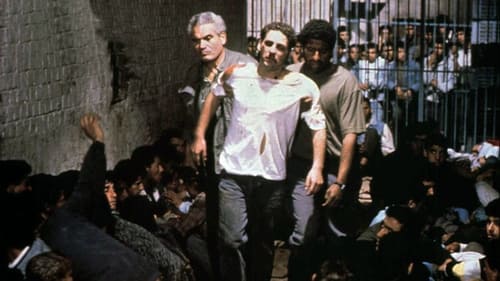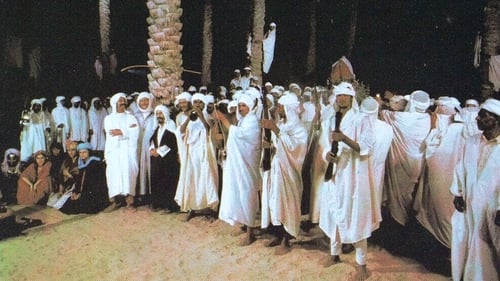Youcef Sahraoui
出生 : 1939-01-01, Algiers, Algeria
死亡 : 2000-07-30
略歴
Youcef Sahraoui (يوسف الصحراوي), born in 1939 in the Casbah of Algiers, this former employee of the RTF joined the maquis in the company of a group of Algerian technicians from the company. While they were on their way to Tunis at the request of M'hamed Yazid, Minister of Information of the Provisional Government (GPRA), they were victims of the so-called "Bleuïte" executions, the famous manipulation operation mounted by the French secret services during the Algerian War, which consisted of putting into circulation lists of alleged collaborators of the French army. Youcef Sahraoui is the only survivor of the group whose victims, Ali Djenaoui and his companions, are declared "disappeared in the maquis". Arrested and imprisoned, released thanks to independence, he then joined the RTA.
Youcef Sahraoui quickly distinguished himself as one of the best cinematographers in the country. His filmography includes a large number of films, for television and cinema, including La Nuit afraid du soleil (1965) and L'Incendie (1974) by Mustapha Badie, L'heritage (1974) by Mohamed Bouamari. , The Children of November by Moussa Haddad (1975), Aziza by the Tunisian Abdellatif Ben Ammar (Tun/Alg, 1980), Bouamama by Benamar Bakhti (1983), Wind of Sand (1982) and The Last Image (1986) by Mohamed Lakhdar -Hamina, and, on the eve of his disappearance, The Shadow of the City (2000) by the Lebanese Jean Khalil Chamoun and Father of Naguel Belouad. Rachid Bouchareb, who asked him for Cheb (1991), followed by Poussières de vie (1994), a film nominated for the Oscars, and L'Honneur de ma famille (1997), dedicated Little Sénégal (2000) to him, including Youcef signed the photograph of the Senegalese side.
Youcef Sahraoui himself directed a feature film The Silence of the Ashes (1975) as well as a soap opera La Gazelle (1991), both based on scripts by Kaddour M'Hamsadji.
Youcef Sahraoui died on July 30, 2000 in Algiers of heart failure.






